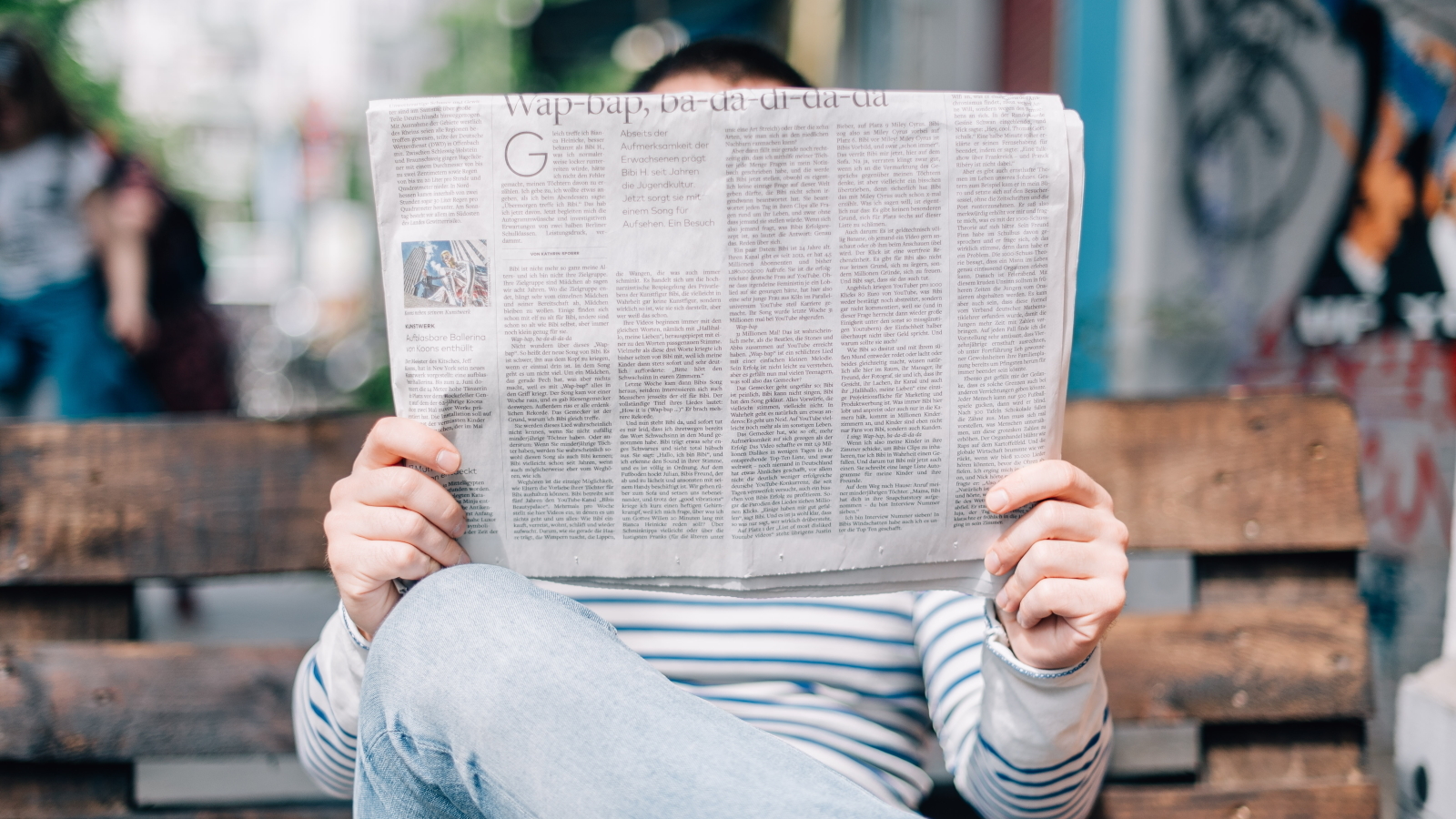Public trust in government, media and businesses all landed on shaky ground in the 2022 Edelman Trust Barometer, which attempts to measure public trust in these entities.
Released on Jan. 18, the report surveyed more than 36,000 people in 28 markets around the world. In terms of how both government and media are viewed as forces in society, nearly 50% of respondents viewed both groups as divisive, with 48% affirming that view of government and 46% affirming that view in media.
On a broader scale, 61% of survey respondents said they trust businesses to do the right thing, followed by 59% trust in non-governmental organizations (NGOs), 52% in government and 50% in media, according to PRWeek. This is a major change from May 2020, when the results of the same survey showed 65% of respondents viewed government as the most-trusted source. After government, 62% said businesses and NGOs were the most trusted, and 56% listed the media in that category.
"In none of the democracies do people believe they'll be better off in five years," Edelman CEO Richard Edelman said. "And [most of those people] think they're going to lose their job, either because of the pandemic or because of automation. But the opportunity for businesses here as the most trusted institution is substantial."
Edelman essentially said that businesses are the least bad option.
"It just happens to be the last man standing who is competent, so what I worry about is the government coming in and hammering businesses with a lot of regulation," Edelman said. "Another risk is losing part of your coalition [from the people who think] a business has gone too far or is too ‘woke.’ But the greatest danger is doing nothing."
Trust in businesses outstripped others in the most recent installment of the survey, but that does not mean that any of the groups listed have overwhelming public trust. There is a widespread idea that many people believe they are being lied to or purposely misled, with 67% believing journalists to be engaged in this kind of behavior. Government leaders are nearly as mistrusted at 66% while business leaders came in at 63%. Each of those rates represents an increase from the previous survey.
Reuters said that concerns about fake news and false information being weaponized has hit an all-time high, with 76% of respondents worried about this issue.
According to the report, decline in trust in democracies is contrasted by the increasing trust in several authoritarian regimes, Reuters reported.
Germany, Australia, the Netherlands, South Korea and the United States were the largest institutional losers in public trust over the last year, according to the survey. Conversely, public trust in China increased 11%, United Arab Emirates 9% and Thailand 5%.
Edelman said that rising public trust levels in China were a result of positive economic outlooks and the public's perception about the predictability of Chinese government policy.

